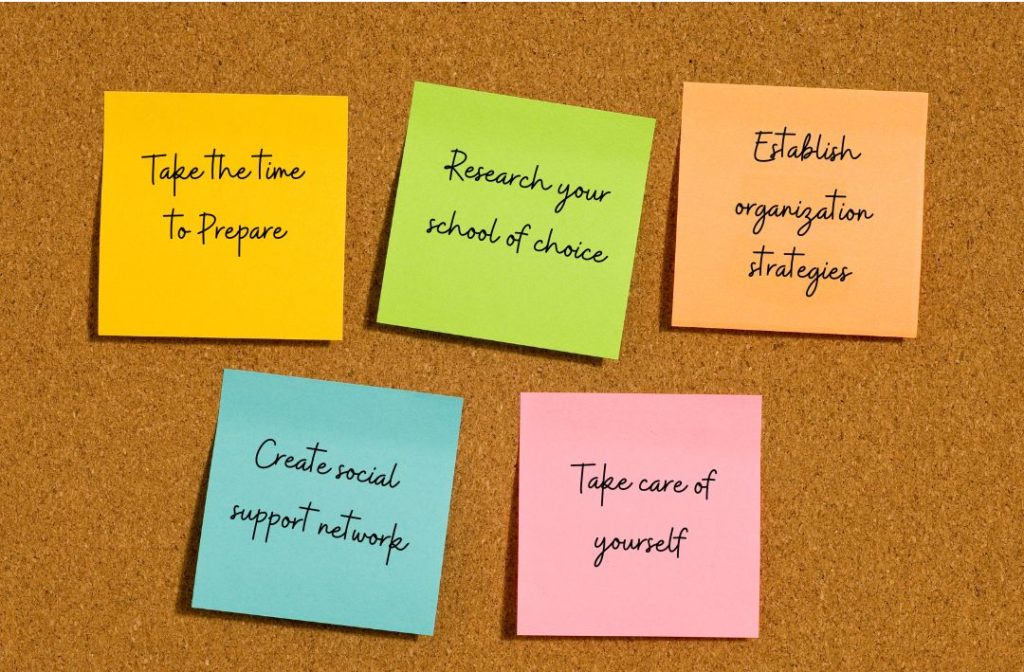How to Transition to Post-secondary Education When You Have ADHD
For people with ADHD, the transition to post-secondary education can be challenging.
There is no teacher supervision or rigid school timetables. Students are expected to manage their time and workload on their own. Juggling school work, exam dates, and other responsibilities – such as managing medication – while trying to keep a balanced lifestyle can be overwhelming when you have issues with executive functioning skills and concentration.
Leaving home to attend college or university is an additional challenge. Family support is limited, and you have less contact with your friends.
Meanwhile, creating new social connections in a new environment can be difficult, as some people with ADHD often struggle with social skills.
Finally, there may also be insufficient support for students with ADHD on campus. While schools should have an accessibility department, its services may vary.

How to make the transition easier?
Navigating these changes and challenges requires careful planning and preparation by you and your parents. Research shows that parental support can make the transition to post-secondary education smoother.
Conduct research
Start by thoroughly researching your school of choice – its academic program, the campus, and most importantly, the services and resources for students with ADHD. Consider what accommodations are needed and how to apply for them.
Parents can help with research and provide support in deciding on the next steps. They also deeply understand how ADHD affects their child and what accommodations may best suit them.
Establish time management and organization strategies
You probably have some organizational system that helped you in school, such as planners or applications to help you keep track of everything.
However, you may need to change it a bit – there will be no rigid timetables or teacher supervision to help you. You may be living alone, which means incorporating housework into your schedule as well.
Create social support network
Find clubs or study groups you can join to meet new people. An added benefit of a study group is you will get help with schoolwork. You can also see if your school offers peer support.
Parents can help their children decide which clubs to join, encourage them to engage with their peers and communicate openly.
Take care of yourself
The stress of the transition and leaving home makes it easy to neglect self-care or proper rest, which can make ADHD symptoms worse.
It is easy to get overwhelmed, especially at the beginning of college, so be sure to block time for relaxation and exercise.
Parents can help by modeling healthy habits and ensuring their child is equipped with essential skills. They can, for example, teach simple but nutritious recipes.
Transitioning to post-secondary school can be difficult when you have ADHD, but with preparation, strategies, and family support, this process can go much smoother.
Here we share only a few tips – perhaps you have your own strategies to help. You need to find out which works best for you.
